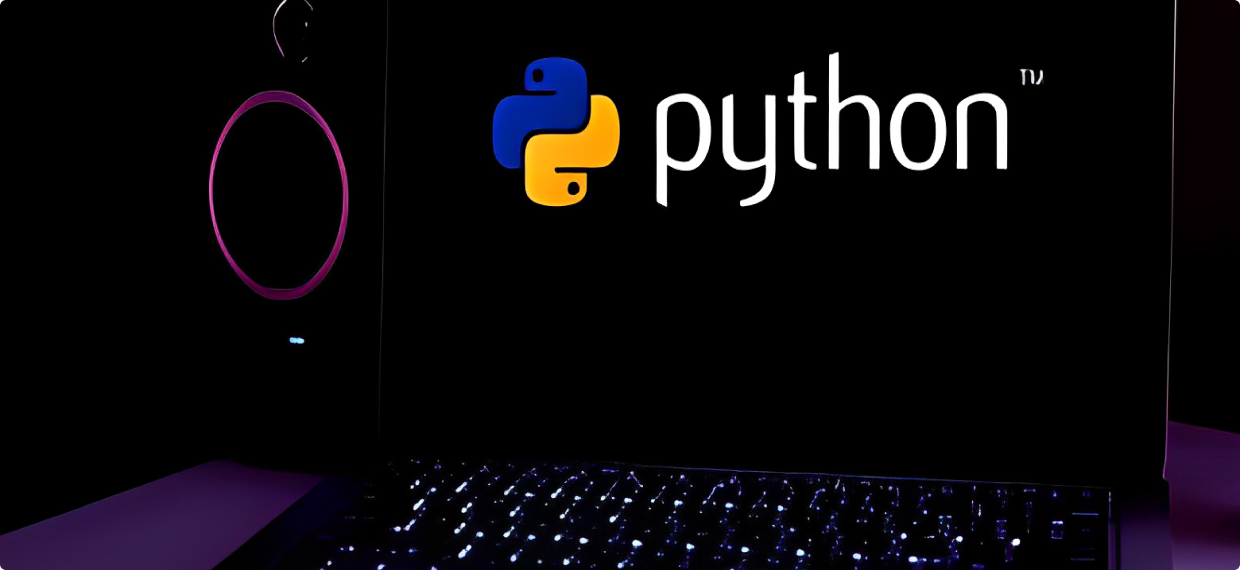Python Development

Python Development
Overview Course Description
Welcome to our Python Development course! Gain expertise in Python programming with our comprehensive curriculum. Covering from basics to advanced topics, this course ensures a solid foundation. Master essential concepts like data types, control structures, and OOP.
Dive into frameworks like Django for web development. Real-world projects and hands-on exercises guarantee practical skills. Elevate your career with our Python Development course – your gateway to a world of coding possibilities!
What You’ll Learn From This Course



Course Curriculum
1. Overview of Python as a Programming Language
2. History and Evolution of Python
3. Python’s Role in Web Development, Data Science, and Automation
4. Setting Up the Python Development Environment (Installing Python, IDEs)
5. Basic Python Syntax and Data Types
6. Control Flow Statements (if, else, elif, loops)
7. Functions and Modular Programming
8. Introduction to Python Standard Library
9. Python Coding Best Practices
10. First Python Program – “Hello World” and Simple Exercises
1. Understanding the Principles of Object-Oriented Programming
2. Classes and Objects in Python
3. Inheritance and Polymorphism
4. Encapsulation and Abstraction
5. Class Methods and Instance Methods
6. Understanding Constructors and Destructors
7. Operator Overloading
8. Design Patterns in Python
9. Python OOP Best Practices
10. Applying OOP Concepts in Python Projects
1. Introduction to Web Development with Python
2. Overview of Web Frameworks (Flask, Django)
3. Setting Up a Flask Development Environment
4. Creating a Simple Flask Web Application
5. Routing and URL Handling in Flask
6. Templating Engines in Flask (Jinja2)
7. Handling Forms and User Input
8. Integrating Databases with Flask (SQLite, SQLAlchemy)
9. Building RESTful APIs with Flask
10. Deploying Flask Applications
1. Introduction to Data Science with Python
2. Popular Data Science Libraries (NumPy, Pandas, Matplotlib, Seaborn)
3. Data Manipulation and Analysis with Pandas
4. NumPy for Numerical Computing
5. Data Visualization with Matplotlib and Seaborn
6. Introduction to Machine Learning with Scikit-Learn
7. Building and Evaluating Machine Learning Models
8. Data Cleaning and Preprocessing Techniques
9. Exploratory Data Analysis (EDA) with Python
10. Real-world Data Science Projects and Case Studies
1. Overview of Databases and Database Management Systems (DBMS)
2. Introduction to Relational Databases (SQL)
3. Connecting Python to Databases (SQLite, MySQL, PostgreSQL)
4. SQL Querying and Data Manipulation with Python
5. Using ORM (Object-Relational Mapping) in Python (SQLAlchemy)
6. NoSQL Databases and Python (MongoDB)
7. Database Design Principles
8. Transactions and ACID Properties
9. Optimizing Database Queries in Python
10. Security Considerations in Database Interaction with Python
1. Introduction to Automation and Scripting
2. File Handling and Manipulation in Python
3. Automating Tasks with Python Scripts
4. Web Scraping with Python (Beautiful Soup, Requests)
5. Introduction to GUI Automation with Python (PyAutoGUI)
6. Working with APIs in Python (RESTful APIs)
7. Scheduled Tasks and Cron Jobs
8. Error Handling and Logging in Automation Scripts
9. Best Practices for Code Reusability in Automation
10. Real-world Automation Projects
1. Introduction to Software Testing
2. Types of Testing in Python (Unit Testing, Integration Testing)
3. Test-Driven Development (TDD) in Python
4. Python Testing Frameworks (unittest, pytest)
5. Writing Test Cases and Test Suites
6. Debugging Techniques in Python (pdb, print statements)
7. Profiling and Performance Tuning
8. Code Analysis and Linting in Python
9. Continuous Integration and Continuous Deployment (CI/CD) Basics
10. Ensuring Code Quality in Python Projects
1. Introduction to Cloud Computing
2. Overview of Cloud Service Providers (AWS, Azure, Google Cloud)
3. Deploying Python Applications to the Cloud
4. Serverless Computing with Python (AWS Lambda, Google Cloud Functions)
5. Cloud Storage and Databases with Python
6. Managing Infrastructure as Code (IaC) with Python
7. Integrating Python with Cloud APIs
8. Monitoring and Logging in the Cloud
9. Scalability and Performance Considerations
10. Cost Optimization Strategies
1. Decorators and Metaprogramming
2. Asynchronous Programming with Asyncio
3. Advanced Python Data Structures
4. Design Patterns in Python
5. Memory Management and Optimization
6. Python Concurrency and Parallelism
7. Building Python Packages and Modules
8. Extending Python with C Extensions
9. Python Best Practices and Coding Standards
10. Open Source Contribution and Collaboration
Certification

Quick Inquiry
WHY CHOOSE US
Choose StackCode Training Institute for your Python Development Course.

Benefit from our seasoned instructors at StackCode, recognized as the best training institute in Ahmedabad.

Master Python programming with our detailed course covering fundamentals, libraries, and application development.

Gain practical skills through real-world coding projects for effective learning.

Access state-of-the-art facilities and tools for an immersive learning environment.

Earn a respected certification upon course completion, enhancing your professional profile

Leverage our strong industry network for career opportunities in Python development.
Join Our
AMD:
RJT:
OUR AFFILIATES
We are Associated with





